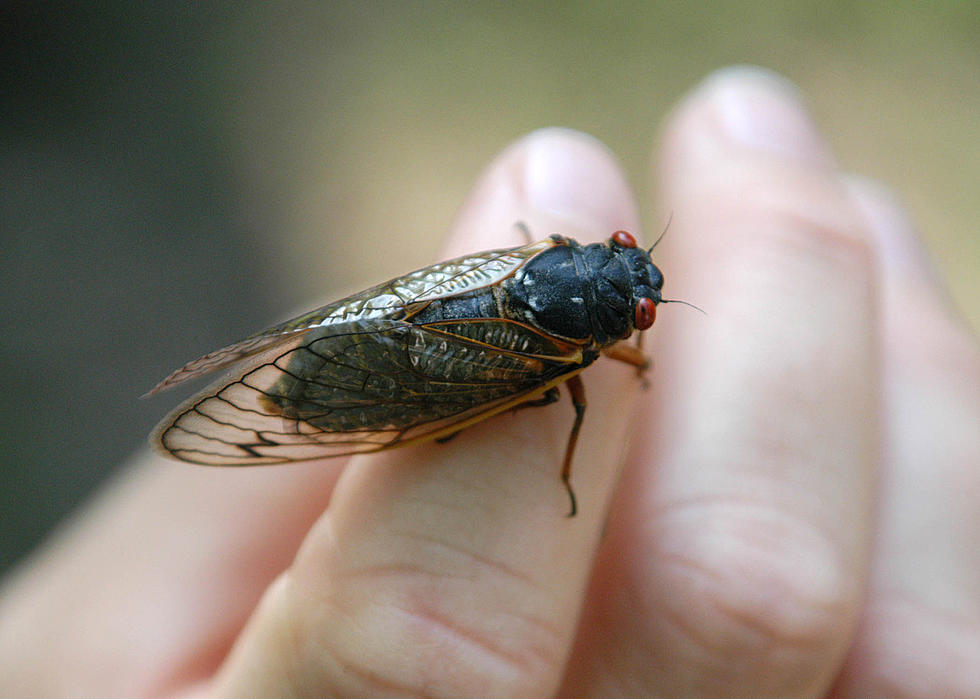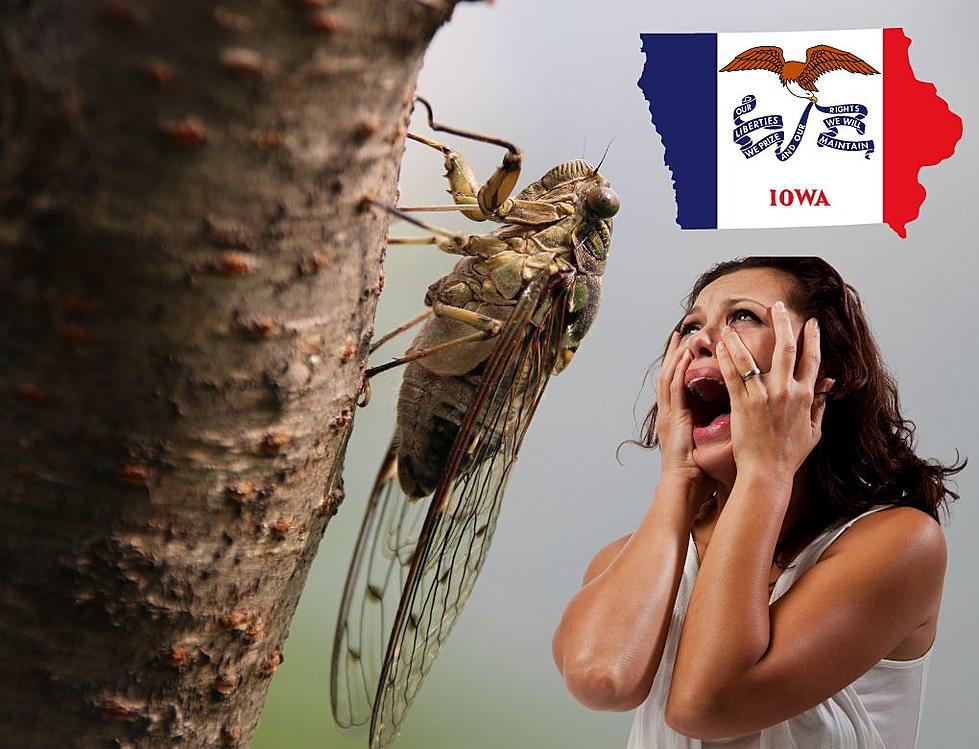
Billions of Cicadas Emerging This Summer?
They’ve been sucking sap for 17 years and now these five-eyed insects are about to make their way to the surface. From the East Coast to the Midwest, Cicada Brood X, will take to the trees and sing their mating song.
Each female will lay hundreds of eggs in the tree branches --- and then the adult cicadas will die. Once the eggs hatch, new cicadas fall from the trees and burrow back underground, starting the cycle again, sucking the sap from tree roots until they’re ready to surface and mate.
There are thousands of species of cicadas located around the world; some show up every year, others only every 13 or 17 years.
But if periodical cicadas only emerge every 13 or 17 years, why do we see & hear them every year?
According to discovery.com: Cicadas are grouped into roughly 15 broods: 12 broods of 17-year cicadas and three broods of 13-year cicadas. Each of these emerge in different years, so it’s very rare to spend a summer without seeing or hearing them. Plus, some cicadas get ‘off-schedule’ and will show up before or after the rest of their brood.
On top of that, many other species of cicada are annual, meaning they emerge every year.
According to the University of Connecticut, in 2020, Brood IX appeared in North Carolina, Virginia, and West Virginia.
The most recent brood to emerge in Iowa was Brood IV, aka the “Kansan Brood,” in 2015, mainly in Southwestern Iowa.
Brood XIII (Northern Illinois Brood) will next emerge in 2024 in Eastern Iowa AND Brood XIX (a 13-year Cicada) is also scheduled for the same year. So, 2024 could be a LOUD summer in the Midwest.
Other than the concern by owners of fruit orchards and tree nurseries, cicadas are not regarded as pests, beside their mating calls, as they can be heard up to a mile away.
Newly emerged cicadas take about five days of good weather before the males start singing.
Cicadas don’t bite or sting defensively, and they are not toxic or poisonous.
It is thought that cicadas know when to all emerge at once due to ground temperature --- when the ground temperature at a depth of 8” reaches 64*. Some think that other factors, such as changes in tree's root fluid, may also signal nymphs to emerge.
In Cedar Rapids, the 4" soil temperature reaches the mid-60s generally by the first of June.
See the Must-Drive Roads in Every State
LOOK: Here are 25 ways you could start saving money today
More From 104-5 KDAT




![22 Fun Places to Take Your Kids This Summer in the Corridor [GALLERY]](http://townsquare.media/site/675/files/2022/07/attachment-spare.jpg?w=980&q=75)




